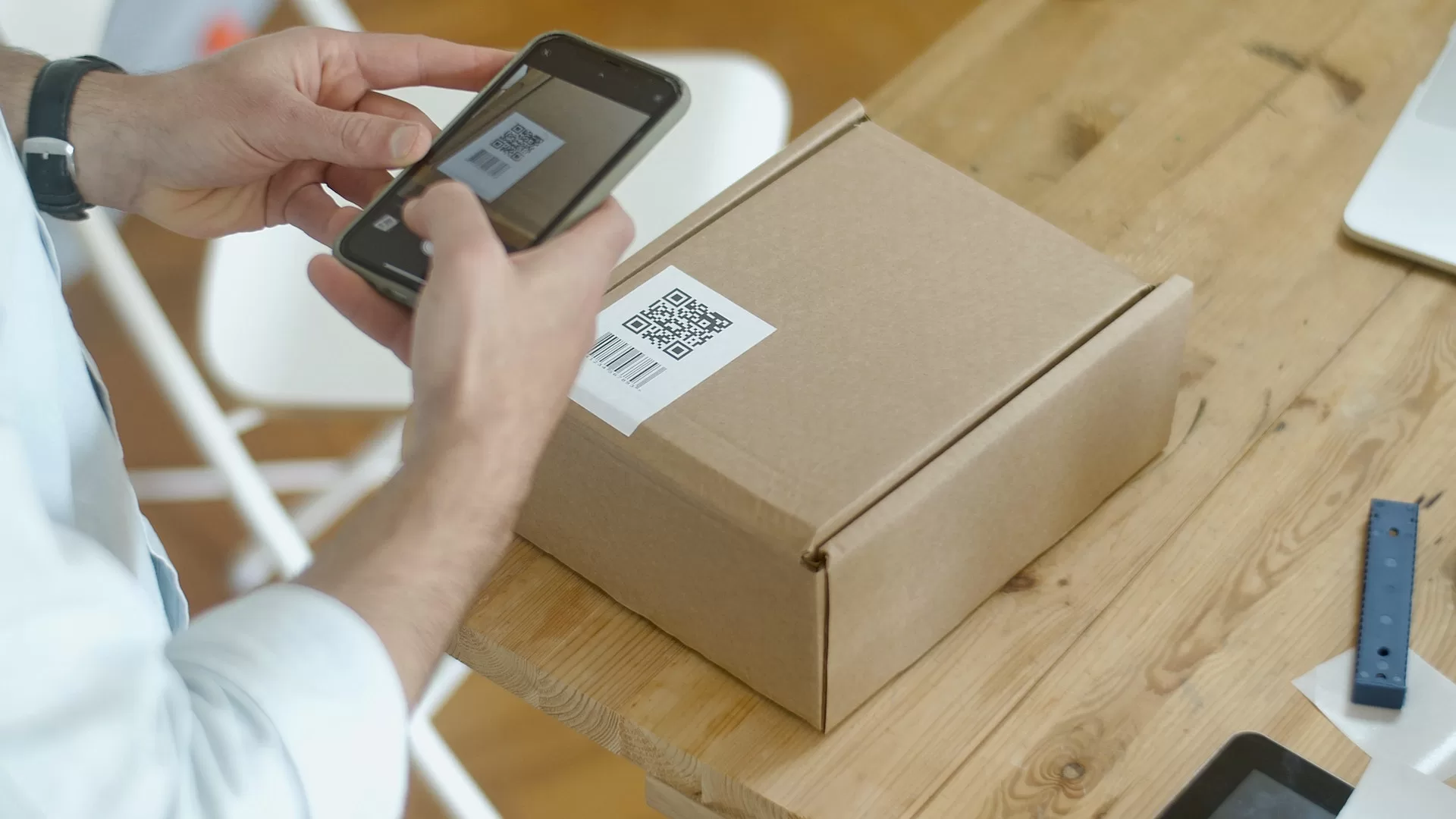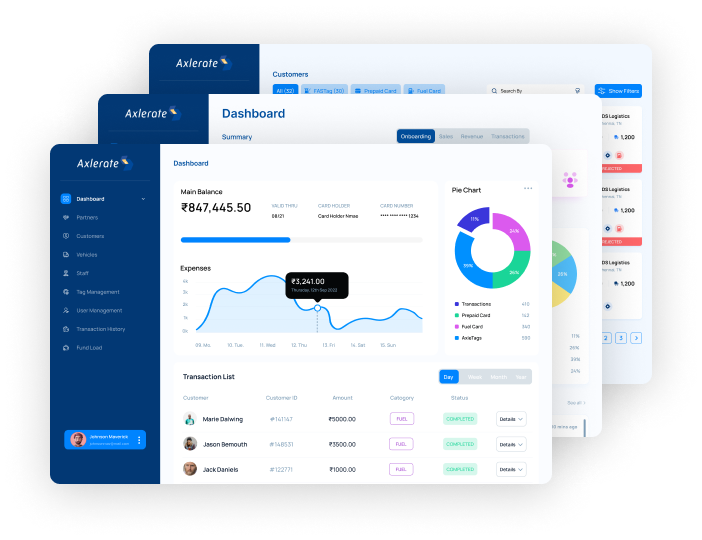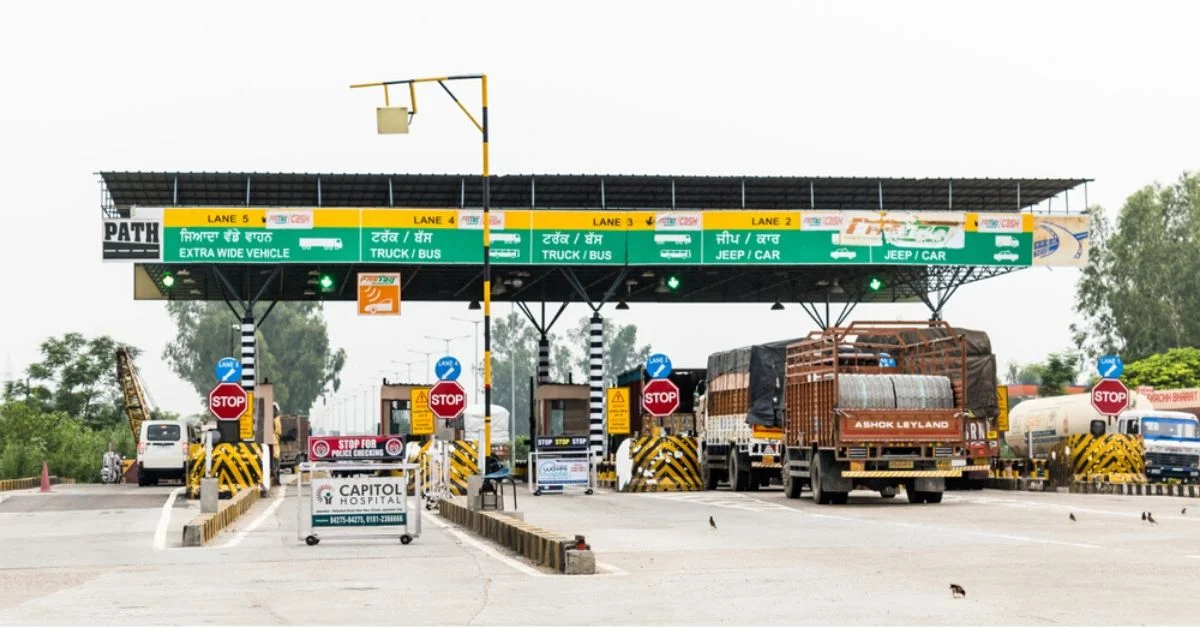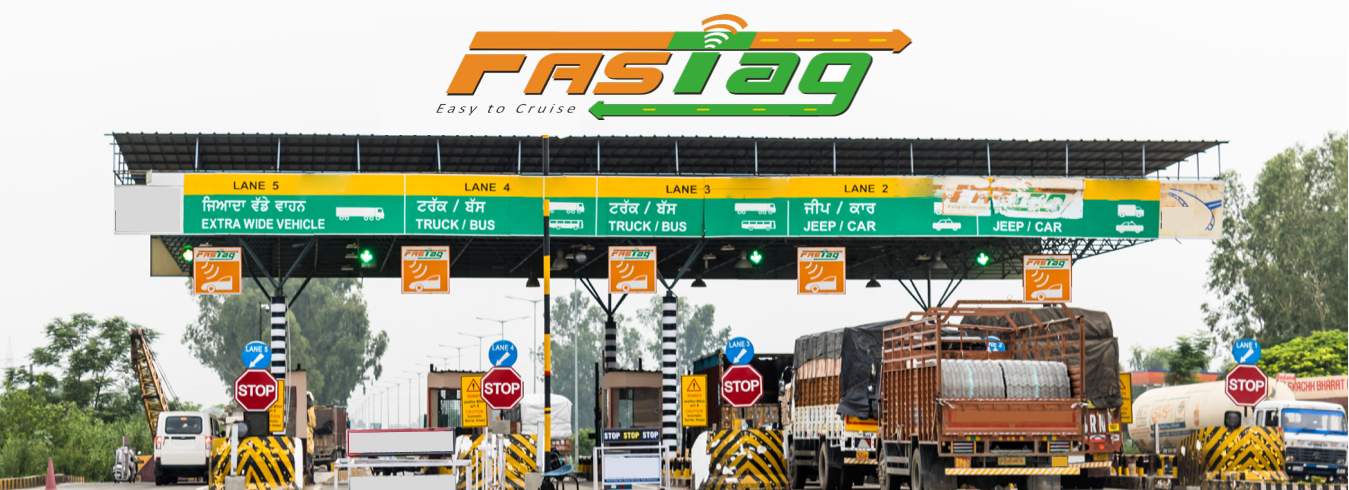Understanding the basics of fintech
Fintech companies make finance simpler, faster, and more transparent and secure. Fintech solutions initially referred to banking technology in the twenty-first century. However, between 2018 and 2022, there was a shift towards more consumer-focused services. As of now, the fintech revolution has expanded to cover various industries. For instance, the integration of fintech and logistics is a gamechanger to streamline payments in the logistics industry. Fintech trends emerge with various applications, including Robo-advisors, investment apps, payment apps, personal finance apps, P2P lending platforms, crypto apps, and insurtech.
What are the financial challenges involved in logistics?
Logistics businesses operate in a highly competitive and constantly changing market, where companies must navigate various financial challenges to remain profitable. The major financial concerns and requirements include rising transportation costs, inventory costs, maintenance and replacement costs, insurance costs, delayed payments from customers. Addressing these challenges in logistics involves managing costs, efficient scheduling of operations, and using technologies to streamline processes and reduce costs. However, the integration of fintech and logistics can help with better financial management.
Why should you use fintech solutions for transactions in logistics?
Fintech solutions for transactions in logistics provide various advantages including speed, efficiency, lower costs, increased transparency, and improved security.
- Speed: Fintech solutions eliminate the need for manual processing and ensure timely payments for the seamless operations.
- Efficiency: Fintech automates processes and eliminates the need for intermediaries which reduces errors and delays.
- Lower costs: The fintech revolution eliminated intermediaries and automated processes to reduce transaction costs significantly.
- Transparency: Fintech provides real-time transaction history to identify potential issues and make informed decisions.
- Security: Fintech uses advanced encryption and security protocols to protect financial data and prevent fraud.
How Fintech is Transforming the Logistics Industry?
The logistics industry has been transformed by the rise of fintech solutions in the past years. Fintech trends have contributed to better financial management, smoother operations, reduced expenses, and enhanced productivity.
Fintech companies have impacted the logistics industry in various ways. Firstly, digital payment systems have made payment processing easier and quicker. Secondly, the integration of fintech and logistics provide access to a wider range of financing options. Thirdly, the use of blockchain technology has enabled logistics companies to securely and transparently track shipments and optimize their supply chain operations.
Let’s Wrap Up!
The integration of fintech and logistics has paved the way for better financial management, smoother operations, reduced expenses, and enhanced productivity. The Fintech revolution offers several advantages for transactions in logistics, including speed, efficiency, lower costs, increased transparency, and improved security. By leveraging fintech solutions, logistics companies can effectively manage the financial challenges including rising transportation costs, inventory costs, maintenance and replacement costs, insurance costs, and delayed payments from customers.
Axlerate is a unified platform for Logistics management, payments and services. Our solutions help to simplify toll payments, fuel purchases, fleet expenses, loans, insurance, escrow, payments, truck booking, fleet management and the buying and selling of commercial vehicle spare parts.










